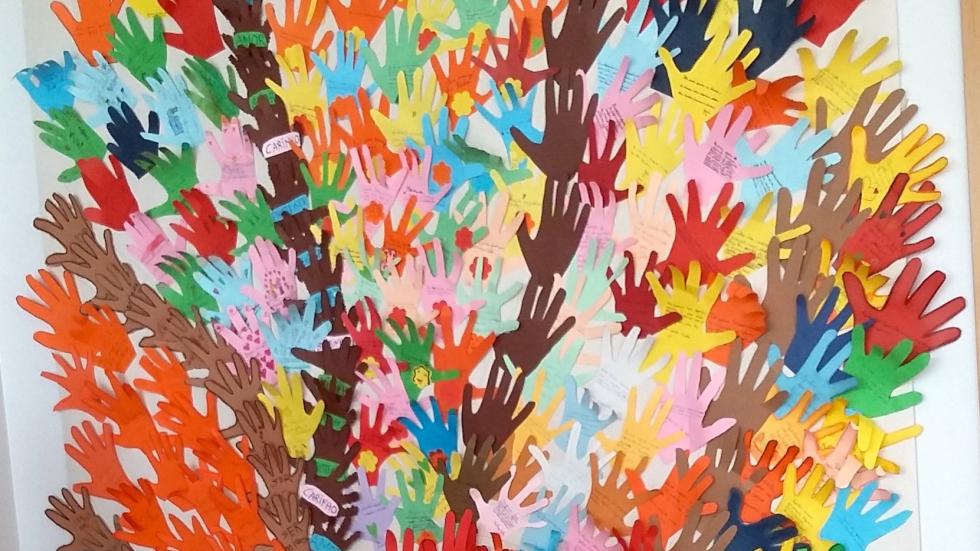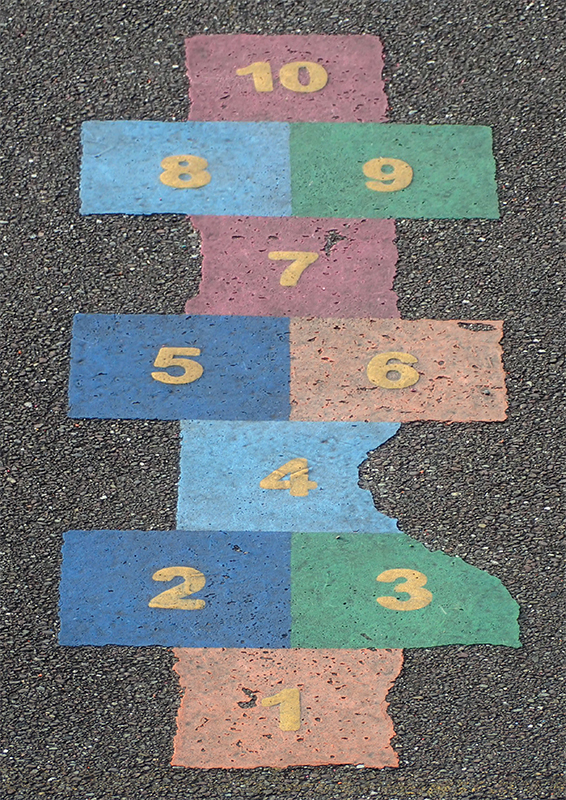Quality in early childhood education is a prominent concern for policy-makers. During the past decade, many international and European organisations (OECD, UNESCO, UNICEF, European Commission, Eurydice and the European Agency, among others) have made the provision of quality early childhood education one of their priority concerns.
Over the past three years (2015–2017), the Agency’s Inclusive Early Childhood Education (IECE) project has examined this work, as well as relevant research in the field. It has used this as the basis for exploring concrete policy and practice examples of early childhood education in 28 European countries.
The IECE Project
The IECE project has focused on inclusive pre-primary education for children from three years of age to the start of primary education. It has aimed to identify, analyse and subsequently promote the main characteristics of quality inclusive early childhood education for all children in this age group.
The project has provided an opportunity to closely examine how, within the perspective of inclusion, inclusive early childhood education provisions across Europe are addressing the quality principles that have been identified, especially those set out by the European Commission and the Organisation for Economic Co-operation and Development (OECD).
Sixty-four inclusive early childhood education experts from across Europe contributed to the IECE project. They participated in data collection and analysis, as well as observations and discussions during field work and case study visits.
The IECE project has made three new contributions towards improving quality inclusive early childhood education. These are:
- A clear rationale for – and an analysis of – the implications of adopting an inclusive vision and goals, as the main standards of inclusive early childhood policy and provision.
- A new Self-Reflection Tool for improving inclusive early childhood education settings. This enables practitioners to review their service’s quality in terms of the inclusiveness of the physical, social and other learning environments it offers to children and families. The tool has been validated and is ready for use in practice in inclusive early childhood education settings in different education systems and countries across Europe and beyond.
- A new Ecosystem Model of Inclusive Early Childhood Education for policy-makers and other stakeholders wishing to collaborate towards effective action in this field. This model can support policy-makers and practitioners to collaborate in planning, reviewing and improving quality inclusive early childhood education services. The model is founded on the outcomes of the project. It incorporates all the principles of the EU and OECD frameworks for quality early childhood education. However, it enhances their applicability by locating them at different ecological levels (inclusive early childhood education setting, home/community and regional/national levels).
The IECE Conference
The IECE project will conclude with a conference on 1–2 November 2017 in Lisbon, Portugal. The Agency is organising this event in co-operation with the Portuguese Ministry of Education and Science.
The conference aims to highlight and present the project’s main outcomes:
- The focus on inclusion outcomes (belongingness, engagement, learning)
- The Ecosystem Model of Inclusive Early Childhood Education
- The Self-Reflection Tool to improve the inclusiveness of the early childhood education environment.
The IECE conference will run in parallel with the Agency’s bi-annual meeting of ministerial representatives from 30 member countries, who will join the conference’s plenary sessions. Including the Agency country representatives, the conference will have approximately 180 attendees. These will include school leaders, practitioners and researchers, as well as speakers from international organisations and European institutions.
The hashtag for the conference is: #IECE_conference

